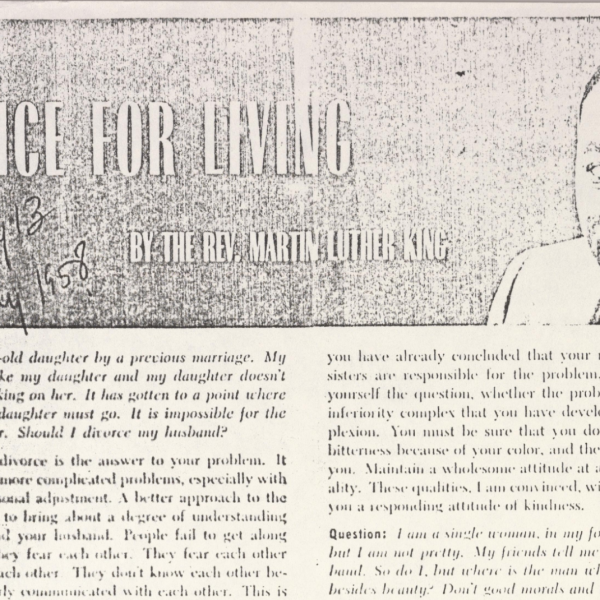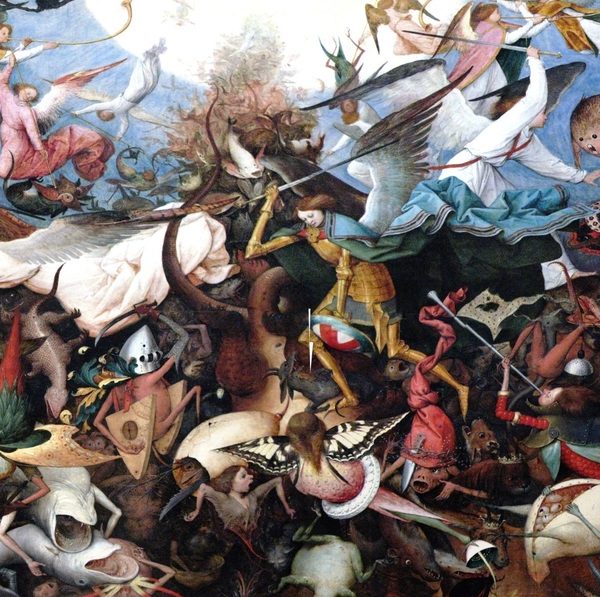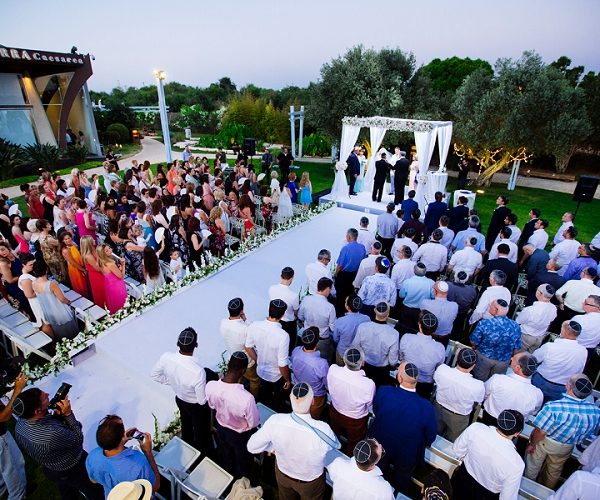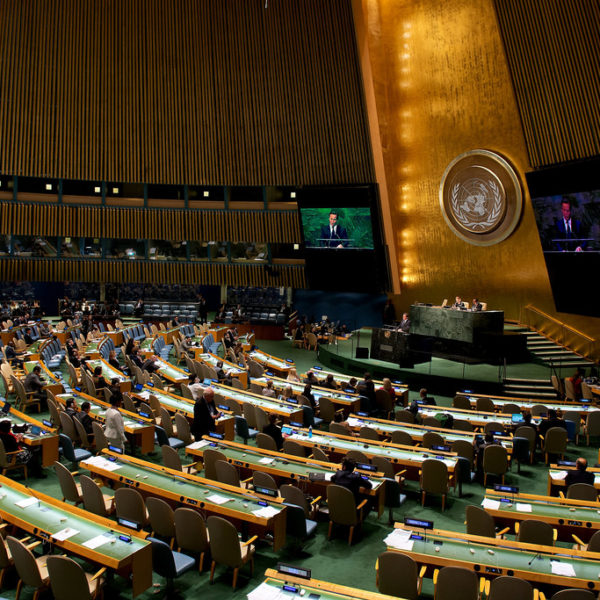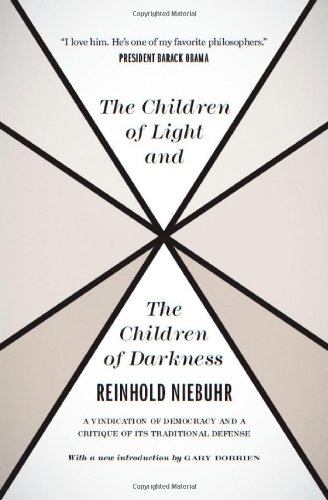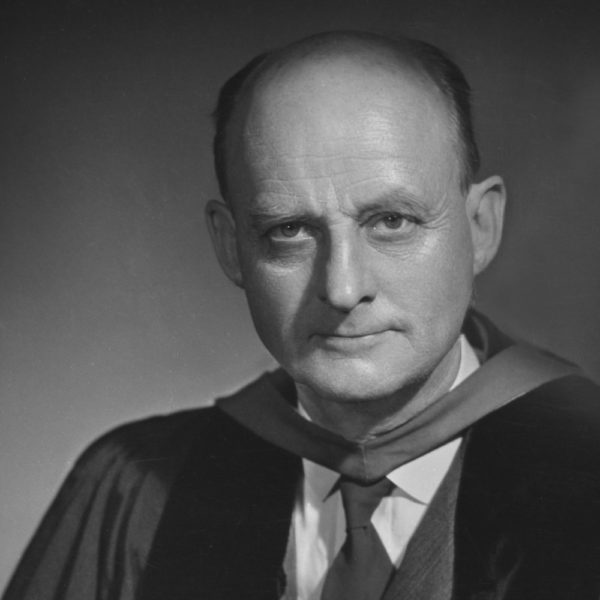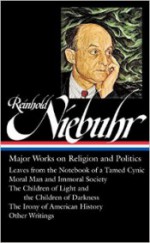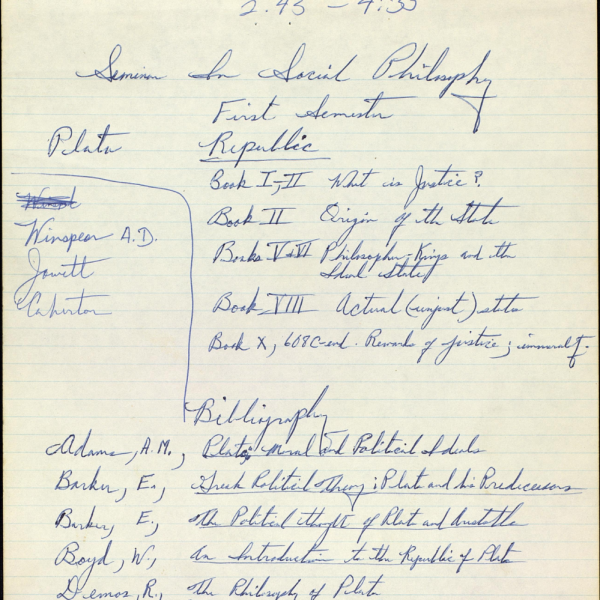
The ironclad certainty with which accounts of King’s life, thought, and action are given itself evinces a misunderstanding of the questions that animated that life, thought, and action.
By Daniel Wyche
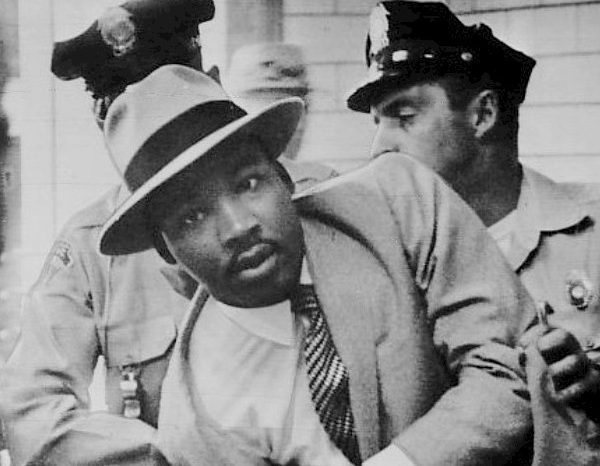
It is our critical memory that prompts us to ethical reflection on the anniversary of a grave injustice.
By Kyle Brooks
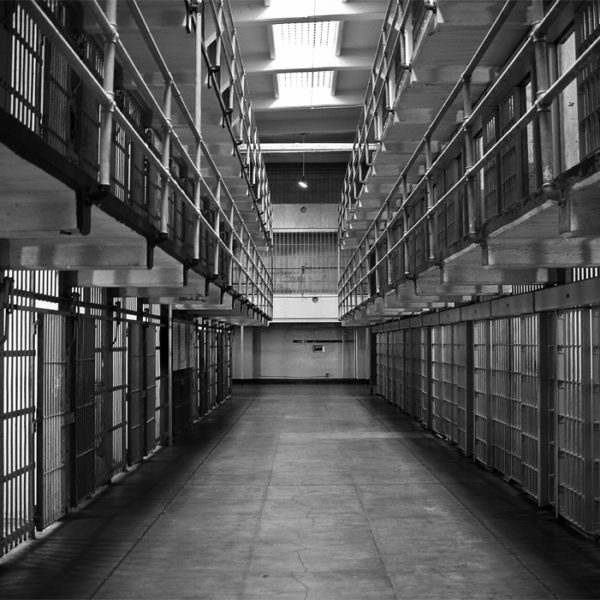
Too often, scholars enamored with Foucault’s work assert that physical torture waned with modernity. However, this is an uninformed understanding of penal history. From their inception, U.S. jails and prisons frequently tortured inmates.
By Guest Post
